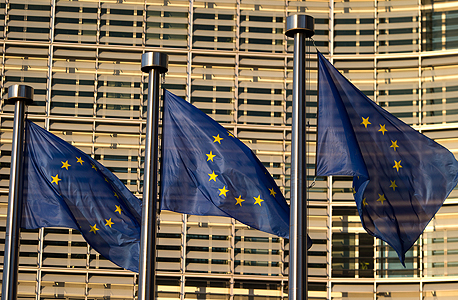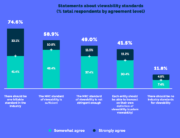GDPR has become a strong incentive for big companies to cut loose small partners, writes lawyer and entrepreneur Zachi Zach.
The deadline for compliance with the European Union’s General Data Protection Regulation (GDPR), May 25, 2018, is quickly approaching. GDPR will affect every company that controls, collects or shares personal data of EU citizens, regardless of where such a company is located. It will affect almost all tech verticals, but adtech companies are especially sensitive as much of their business depends on using consumer data to target ads.
The main challenge that adtech companies face under the new laws is getting consumers’ consent when you need to deal with multiple vendors sharing the data, and complex data flows. Adtech companies can no longer continue to ask permission to do “digital advertising” in general; from now on these companies need to get consumers to specifically approve the vendors with whom they intend to share consumers’ data, at least according to some of the more strict experts.
It should be noted that GDPR allows companies that collect data for “Legitimate Interest” to avoid the need of securing consent, and many adtech companies are trying to use this exception and claim that their businesses comply with GDPR under this clause. However, this will probably not work as using “legitimate interest” as justification to collect information only works if it doesn’t infringe on the rights of the consumer.
Read More at The Original Article: www.calcalistech.com









